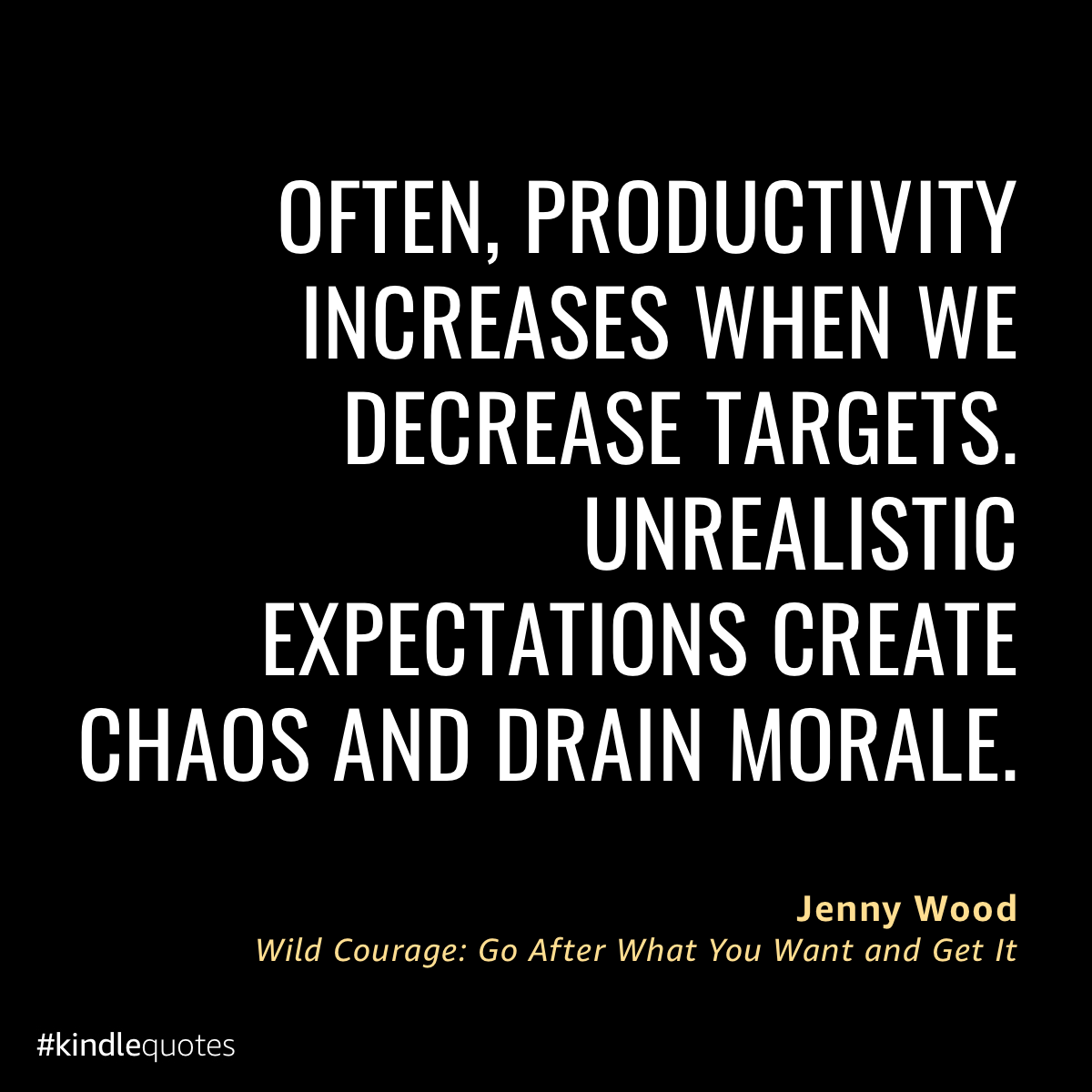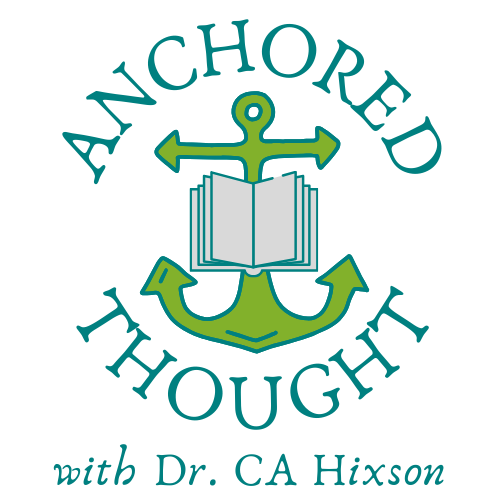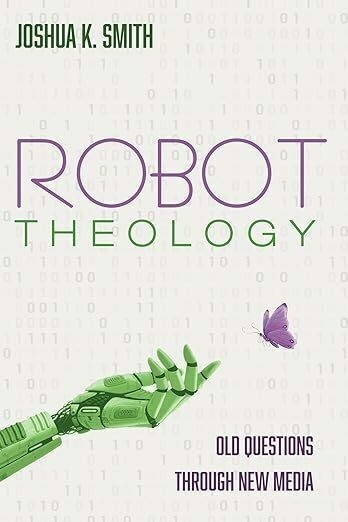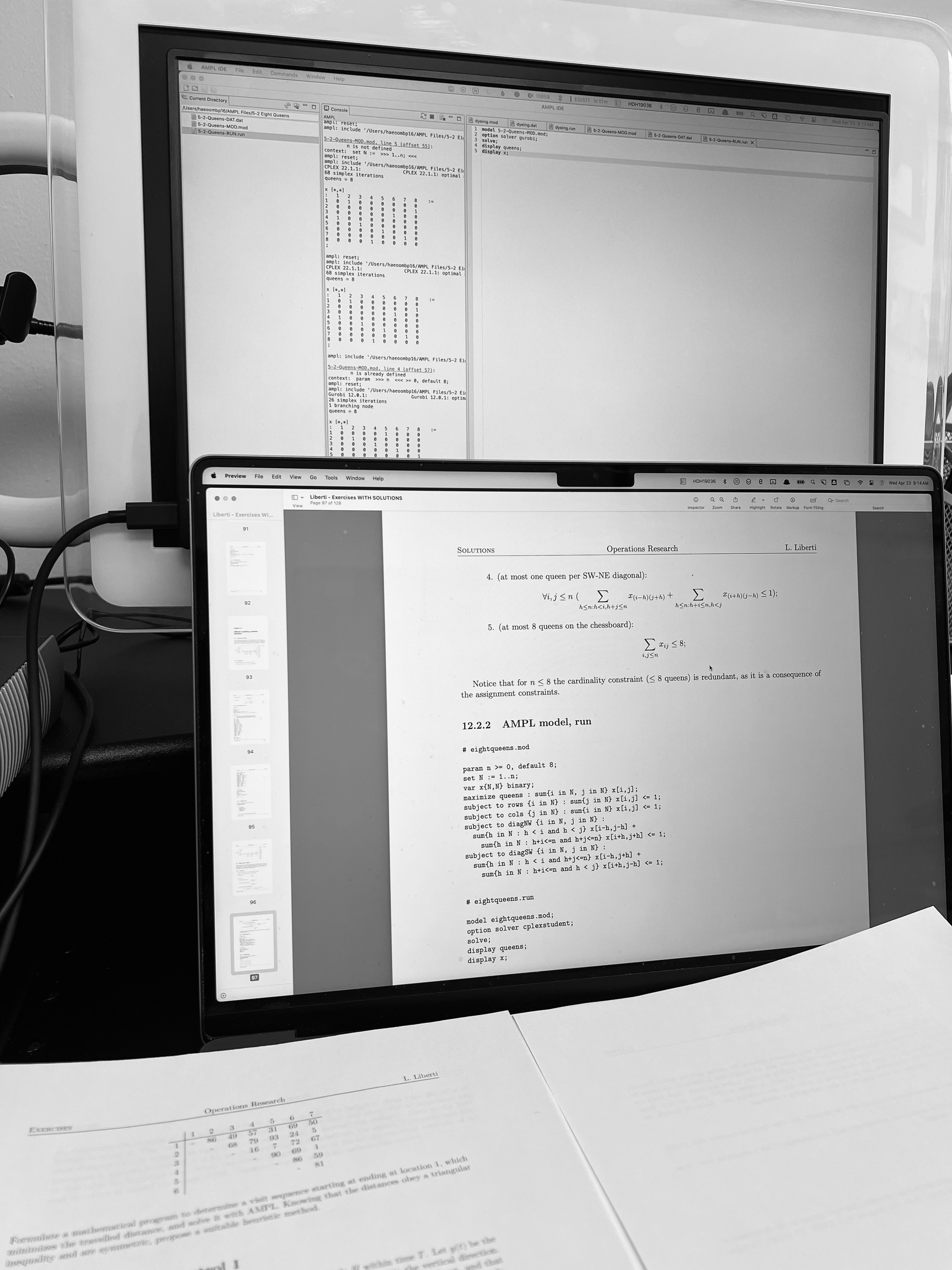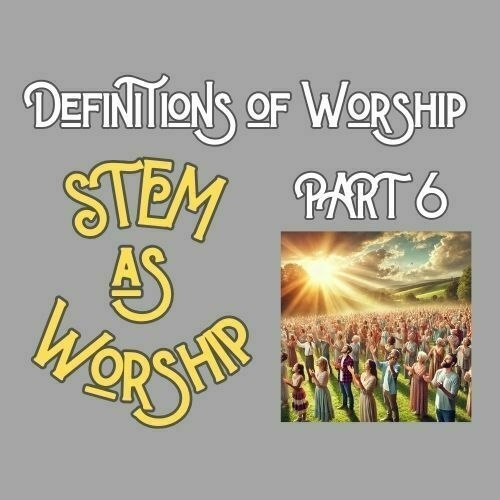Anchored Thought is meant to be a place to think biblically about many things. Today’s post is timely because I’m going to review an Easter movie, The King of Kings, on the day before Easter Sunday. At the time of this writing, I have four boys between the ages of ten and three. One of the boys is very sensitive to suspense, loud music/noises, scary characters, meanness/evil, etc. in movies, so we have to be extra careful.
This post seeks to comment on a few key areas related to the movie:
- The biblical accuracy of The King of Kings.
- The creative choices Angel Studios and the director made in making the movie.
- Some parts to watch out for if you have sensitive kids.
- My (and my family’s) overal thoughts on the movie.
Without further ado… let’s get into it.
Background and Plot of The Movie
Angel Studios recently released a new animated movie called The King of Kings. I won’t go deep into how Angel Studios releases movies and the Angel Guild, but they have some interesting practices worth checking out.
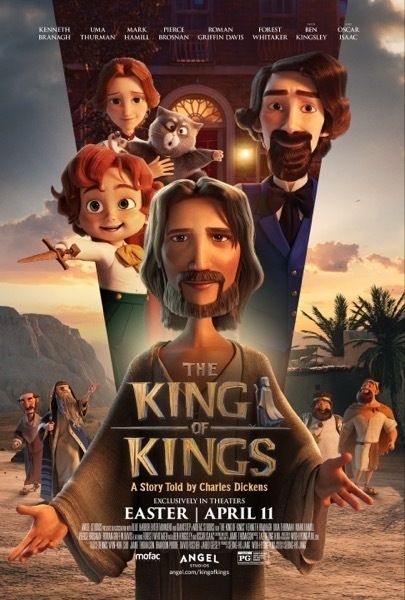
Source: Angel Studio's Press Kit
The movie is a telling of Charles Dickens’s The Life of Our Lord (which has a interesting story if it’s own).
In the beginning of the movie, Charles Dickens gets frustrated with his son Walter, who loves the story of King Aruthur and constantly pretends he’s part of the action and adventure of a King Aruthur tale.

Source: Angel Studio's Press Kit
After a blowup at the theatre and some prodding from his wife, Dickens decides to tell Walter the story of King Jesus - the King of Kings. The rest of the movie is a creative retelling of Jesus’s life, death, and resurrection. Part of the story takes place in Dickens’s study and part of the story takes place in Bible times.
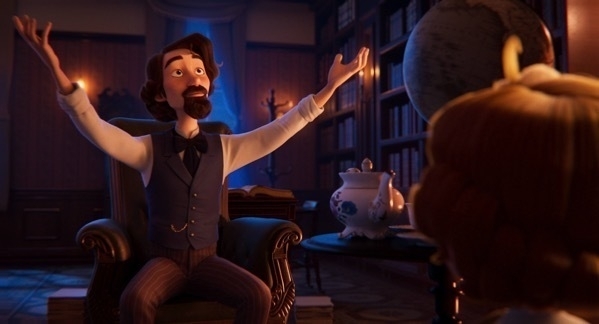
Dickens's Study - Source: Angel Studio's Press Kit

Peter Walking on Water - Source: Angel Studio's Press Kit
Is It Biblically Accurate?
My wife, who has a seminary degree, and I discussed this after the kids went to bed. While the director and producers made some creative choices, we both believe the movie held true to the Bible and what’s recorded in the Gospels (Matthew, Mark, Luke, and John).
Here’s an example of a creative choice that may have strayed from the biblical story. After Jesus is born in Bethlehem, an angel tells Joseph to flee to Egypt so Herod doesn’t kill baby Jesus. So far, so good. Here’s what the New International Version of the Gospel of Matthew says…
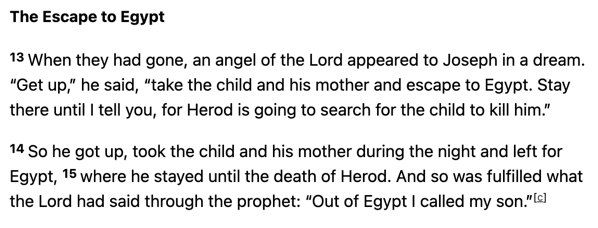
Matthew 2:13-15 on Bible Gateway
The movie depicts Herod’s guards searching for baby Jesus. In a suspenseful scence, Mary, Joseph, and Jesus just barely get out of the stable in Bethlehem before almost being caught by the guards. The movie even adds a supernatural element of smoke or mist to help Mary, Joseph, and Jesus escape. The smoke/mist and the guards almost capturing Jesus isn’t described in the Bible. The most we get is “by night.”
I don’t provide this example to make a major knock on the movie. I’m actually doing the opposite. This is the most prominent biblical “stretch” I can think of in the movie - which means I think the director and producers did a great job staying true to the biblical story.
Creative Choices
Charles and Walter’s Integration
I think the biggest creative choice that impacts the movie is Charles and Walter’s integration into the telling of the biblical story. There are times in the story when Charles and Walter are portrayed alongside Jesus and the disciples. Much of the time it’s clear that they’re still observing what’s happening with the biblical characters, but there is one scene in which Jesus touches Walter’s cheek. I thought this was a good creative take and added to the story. When I think about this from my boys' perspective, I think it will help them see themselves as the Walter character and make Jesus more real. Jesus is someone who could be touched and interacted with. He came to earth and was human. While we can’t physically touch him today, there was a time when people could. This might bother some people, but it didn’t bother me and the boys didn’t think this was strange at all.

Jesus Touches Walter's Face - Source: Angel Studio's Press Kit
Lack of Violence and Blood
If you’ve read the Bible, studied crucifixion, or seen Mel Gibson’s The Passion of the Christ, Jesus’s flogging, crown of thorns, and death on the cross were brutal. It was violent. It was raw. It was bloody. Thankfully, the Angel Studios’s team stayed far away from making a violent and bloody animated movie. That said, they didn’t shy away from the reality of the biblical story. They showed scenes where Jesus is whipped and how the Roman soldiers used nails to hang Jesus on the cross. They showed very little detail though. The best way I can describe it is that they had a lot of tact in their approach, and I could tell they thought hard about their audience. Unlike Pixar and other animated movies, this movie was actually made for children’s eyes. It wasn’t an adult movie wrapped in an animated wrapper. Here’s a still when Jesus is hanging on the cross. Notice the lack of blood while still showing the marks from the whipping/flogging. I think they struck an appropriate balance.

Jesus on the Cross - Source: Angel Studio's Press Kit
Considerations for Sensitive Viewers
As I said before, one of my boys is very sensitive with suspense, loud music/noises, scary characters, meanness/evil, etc., so we’re always careful about how far movies take things. Overall, The King of Kings wasn’t too intense. My son left the movie thinking it was a great movie and there weren’t any scences that really bothered him. As I write this post the morning after seeing the movie, none of my boys woke up with bad dreams, which will often happen if we watch something that’s too intense. So great news there.
There are a few more intense scenes that you’ll want to be aware of for sensitive viewers though.
- When the Devil tempts Jesus. The Devil is depicted as swirling tornado-like winds with a booming voice. The scenes are darker and louder.
- When the disciples are in the boat and Jesus teaches them, especially Peter, to have faith. The storm is pretty intense.
- When Peter cuts off the ear of the Roman guard. It happens fast. There is no blood. They don’t even show the ear removed from the guards head. It is clear though that a sword was used to cut off an ear.
- The trial, flogging, and crucifixion of Jesus. They did a good job, but it’s inherently mean/violent and may bother some.
- Most likely to scare sensitive viewers. The scene when Jesus drives out the demon from the demon-possessed man is probably the “creepiest” scene in the whole movie. The man is gaunt, crazy-looking, and wrapped in chains. He talks wildly. I wish I could find a picture of it to give you a preview, but they didn’t put that one in the press kit (surprise, surprise 😂 ). The demon, again depicted as swirling wind, flees into the pigs and they run off a cliff into the ocean. It doesn’t show the pigs drowning, but it does show them falling off the cliff.
Final Thoughts
I think The King of Kings was a great movie. I think it stayed biblically accurate while also being creative in it’s storytelling. My boys loved it, even my sensitive one. If I had to guess, it’ll be a staple in our house each Easter (who am I kidding… we’ll watch it all year around due to the extreme lack of kid-appropriate, biblically-oriented movies and shows that exist).
If you’re looking for a great animated movie that tells the accurate and entertaining story of Jesus, you should definitely check this one out.
⭐️⭐️⭐️⭐️⭐️
